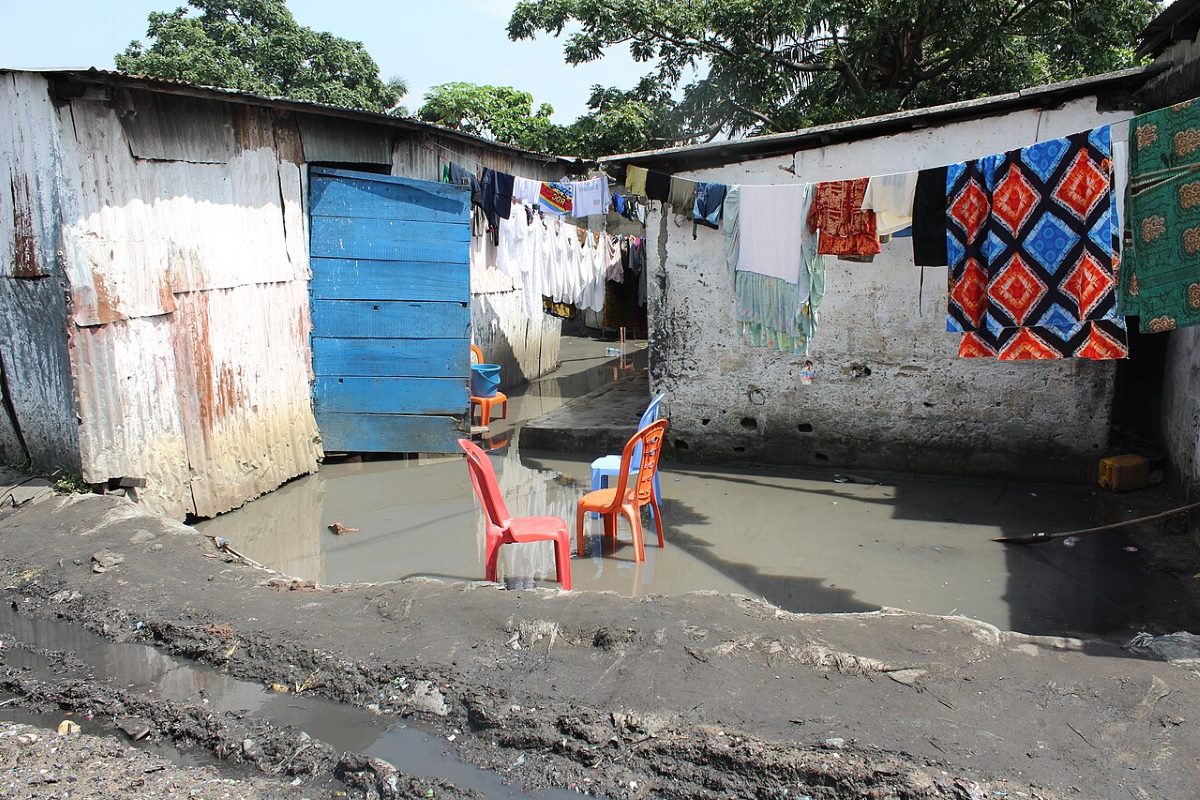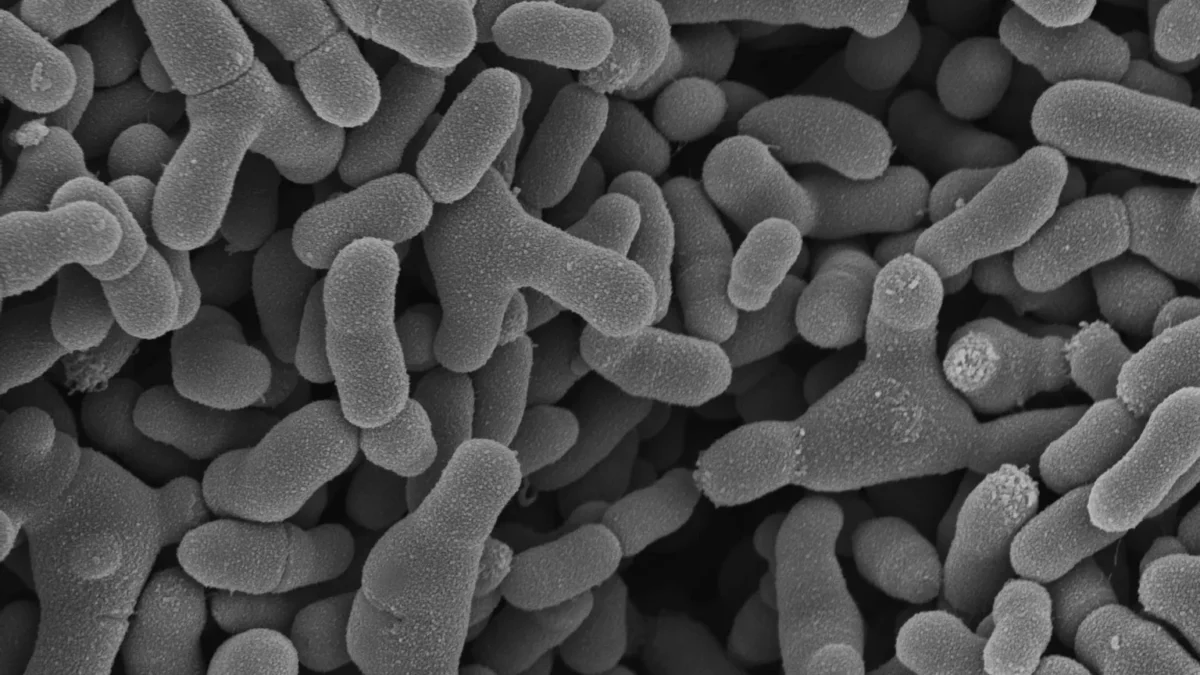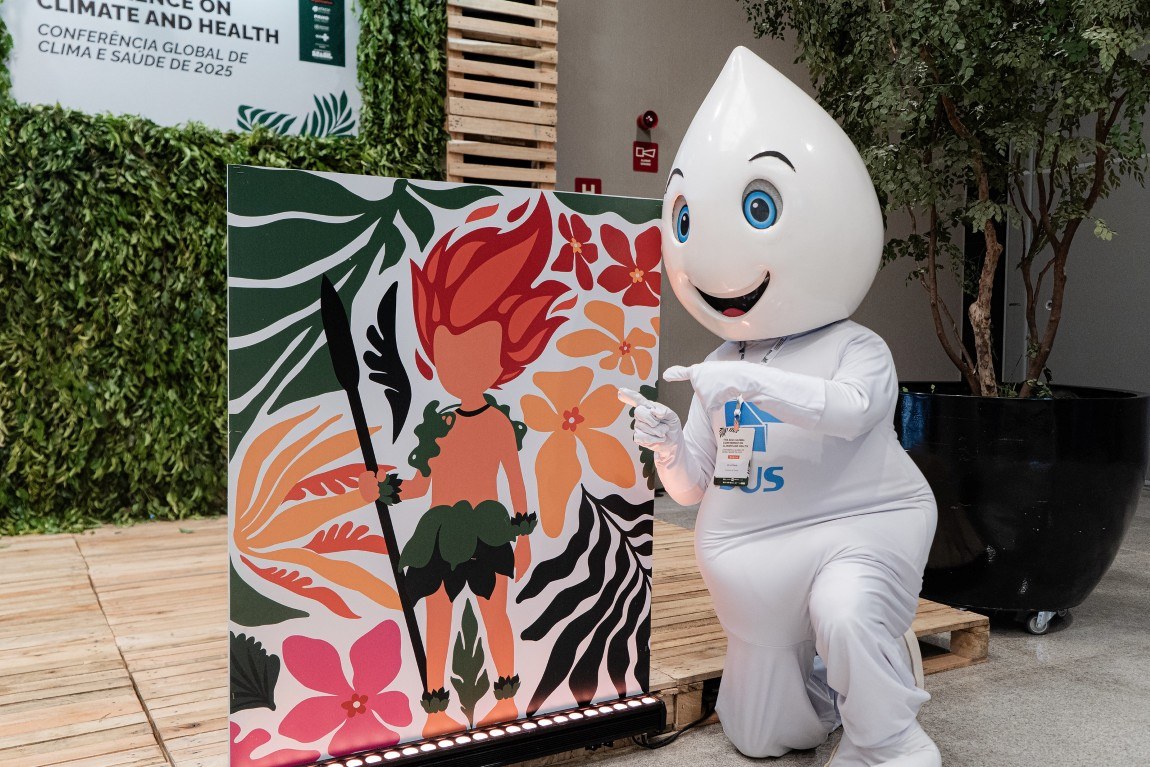 #News
#News
Pioneering bacteria form microbiome in babies’ intestines
British genome study identifies three bacterial species that initiate gut colonization in newborns, offering potential for the development of personalized probiotics
 Electron microscopy reveals the diversity of bacteria in the human gut, including pioneer species that colonize the digestive tract of newborns | Image: Wellcome Sanger Institute
Electron microscopy reveals the diversity of bacteria in the human gut, including pioneer species that colonize the digestive tract of newborns | Image: Wellcome Sanger Institute
The UK’s biggest-ever genome analysis of the microbiome in babies revealed that microbial colonization of the gut begins soon after birth, predominated by one of three pioneering bacteria, which aids the digestion of breast milk and protects the gut from pathogens, which could pave the way for the development of new probiotics specifically for newborns.
The study, conducted by researchers from the Wellcome Sanger Institute, University College London (UCL), and the University of Birmingham, was published in Nature Microbiology.
Using whole-genome sequencing, the team analyzed stool samples from 1,288 healthy babies less than one month old as part of the Baby Biome Study, an initiative seeking to understand the role of the microbiome in early life.
One of the beneficial pioneering bacteria is Bifidobacterium breve, a species genetically adapted to make full use of the nutrients found in breast milk, suggesting that it is the best suited to remain in a baby’s microbiome. The researchers also discovered that the microorganism can prevent pathogens from colonizing the gut, demonstrating its potential as a natural probiotic.
The findings could serve as a basis for the development of baby formulas and therapeutic probiotics containing the most effective natural strains for infant microbiomes.
Currently, most probiotics for infants contain a bacterial strain not originally found in the gut of young children in wealthy countries such as the UK and the USA.
Until now, there has been a lack of high-resolution data showing how the microbiome develops at this stage of life and which bacteria would be most beneficial in healthy newborns. Similar studies have been conducted in other countries, but with much smaller sample sizes.
In addition to B. breve, the team identified B. longum as a second beneficial pioneering species, whose role is to support the stable colonization of other beneficial microorganisms. The third most commonly found species was Enterococcus faecalis. Starting life with an excess of this bacterium is considered risky, however, as it can lead to colonization by antibiotic-resistant microorganisms.
Microbiome mapping
“This can interfere with the development of the infant microbiome and increase the risk of pathogens colonizing the gut. In the future, it could be possible to predict how a baby’s gut will develop by mapping their microbiome profile right after birth to assess which pioneer bacteria they have. If needed, a personalized probiotic could be provided to help promote healthy microbiome development and protect against infections,” the researchers wrote in a press release.
In a previous study published in Nature in 2019, the same group showed that the gut bacteria of babies born via vaginal delivery was more similar to their mother’s, while those born via cesarean section acquired more microbes from the hospital environment.
“The gut microbiome is a complex ecosystem of millions of microbes that are vital for human health and important in immune system development. As it begins to form immediately at birth, the first month is the earliest window for intervention with probiotics that could be used to restore or boost the microbiome,” they wrote.
*
This article may be republished online under the CC-BY-NC-ND Creative Commons license.
The text must not be edited and the author(s) and source (Science Arena) must be credited.


